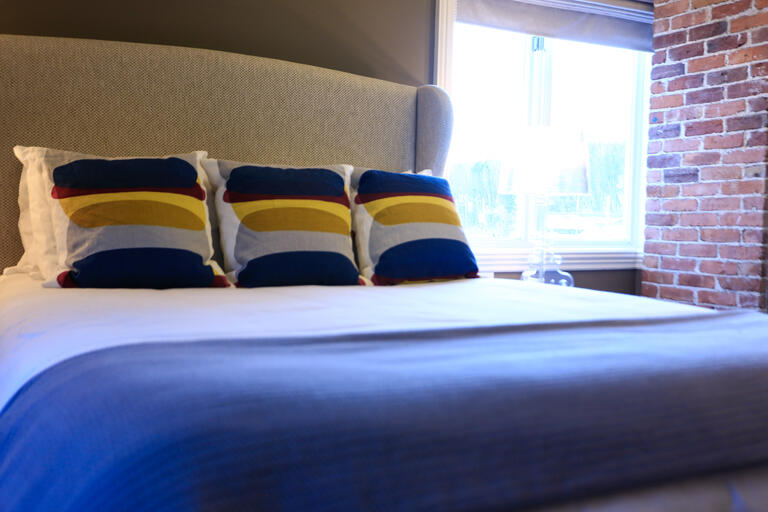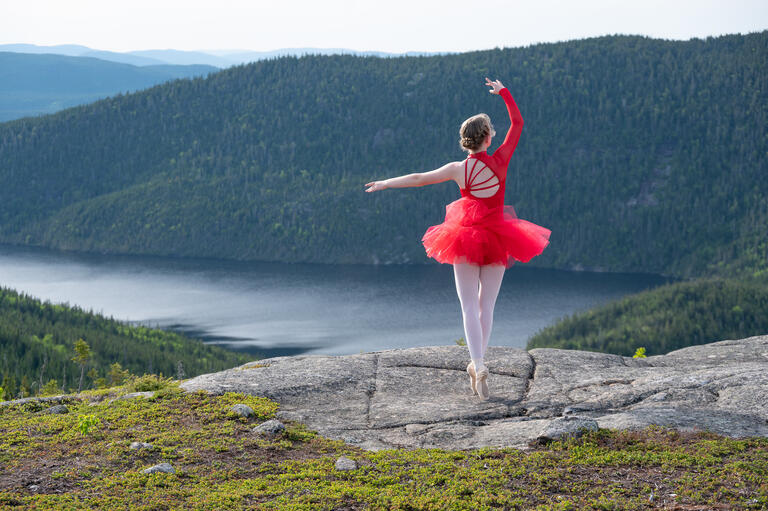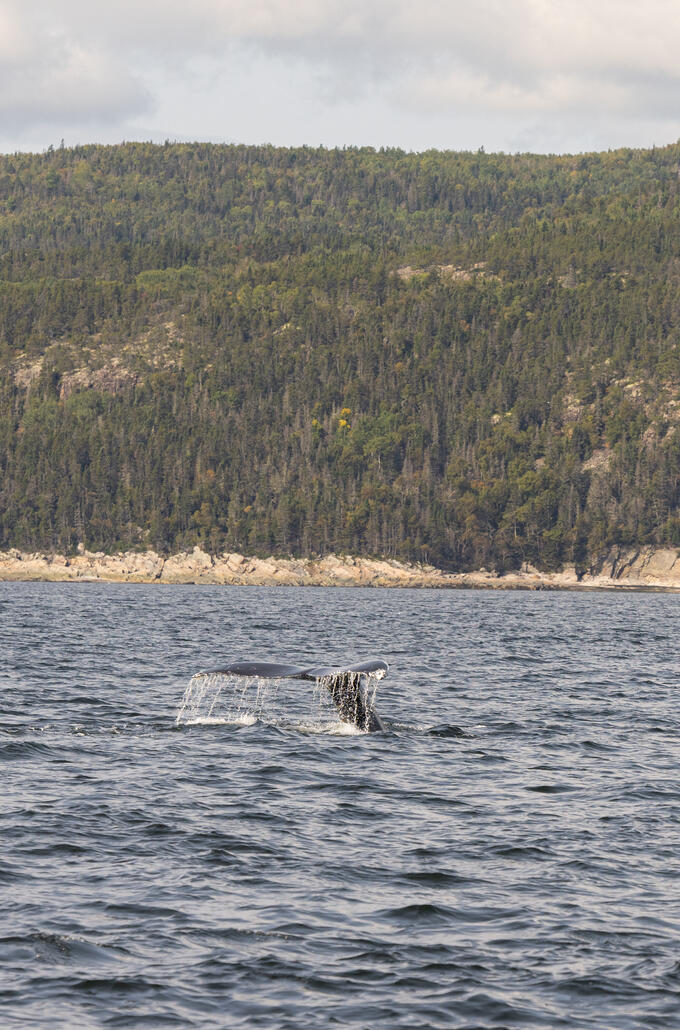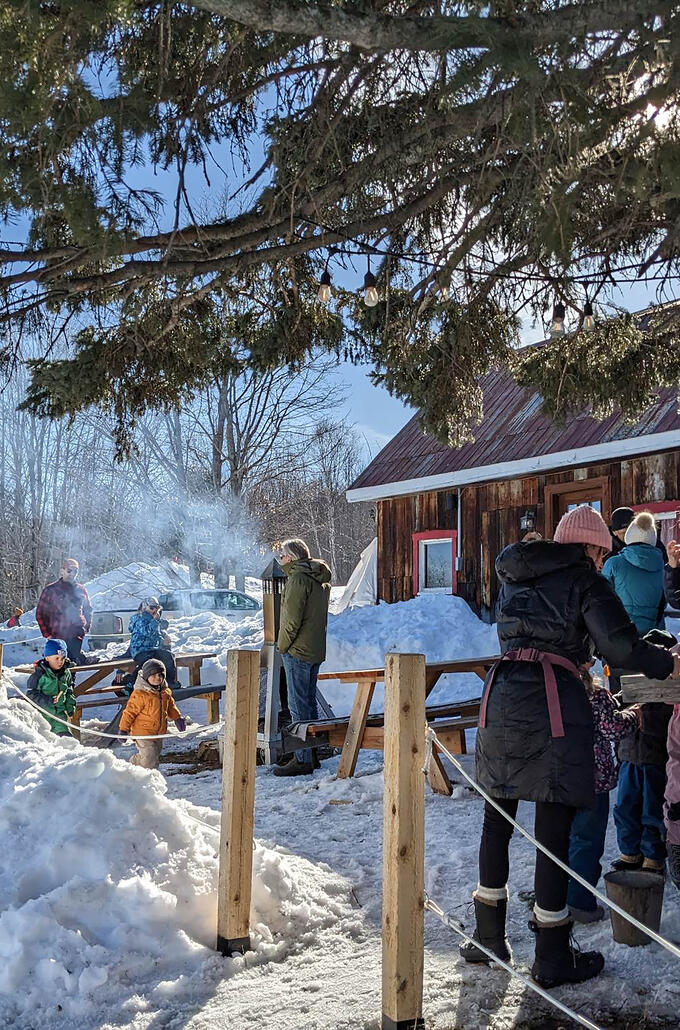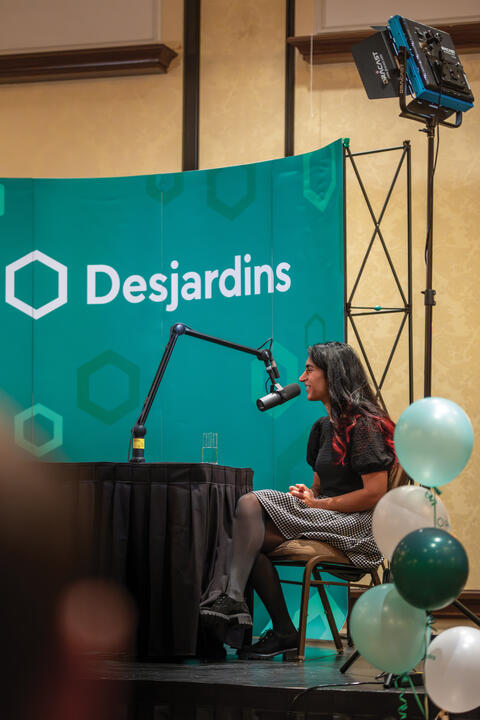
Farah Alibay
As part of the Sortir du cadre podcast, Desjardins Charlevoix-Est hosts inspiring individuals who stray off the beaten path.
Here is a condensed version of our interview with Farah.
Desjardins present
Farah Alibay
NASA engineer and author of the book Mon année martienne
Q: Why did you choose NASA?
R: When I was 8 or 9 years old, I saw the movie Apollo 13. I was fascinated by the idea of being an engineer and working on completely impossible missions. It was a childhood dream. Why not dream big?
Q: What’s your current mission called?
R: It’s called SPHEREx. It’s an infrared telescope that will be launched in about a year and a half (2025-2026). I spend a lot of time in Colorado where we’re working on building the satellite.
Q: As a woman, how can you claim your space in a predominately male environment?
R: People said, «is this really a career for a woman?» We’ve got a long way to go as a society, as adults and people in positions of influence over youth. You need to be careful, because with just a few words you can alter a person’s path. Another thing—don’t take no for an answer. I was often told no, but it only takes one yes. Eventually one door opened, followed by many others. Before proving yourself to others, you need to believe you belong. For me, this meant finding examples of women who were mentors, who showed me that it was possible to succeed in this field.
Q: How are the words creativity and engineering connected?
R: The reality is that engineers create the world of the future. For everything we create, someone needs to think about its functionality; is it going to survive in its environment? Whether it’s a bridge, a satellite or a car. These all stem from a connection between creativity, math and science. You need both of them to create something new. Without creativity, you don’t grow as an engineer or as a society. You need to dream up the impossible in order to innovate.
Q: There’s more and more cultural diversity these days, even in Charlevoix, so what do you suggest doing to give new arrivals a warm welcome?
R: Reach out and ask, “What do you need?” For example, my family had never seen snow. So say, “You’ll need to change your tires. I’ll give you a little driving lesson in the snow. Here are some resources for your kids.” So reach out and help people feel settled. And on the other hand, take the time to learn about their culture. Learn how they can enrich your life. […] Help them discover the region’s treasures and what it has to offer. That’s where you can truly connect as fellow human beings. […]
Keep dreaming and who knows, become an astronaut.


